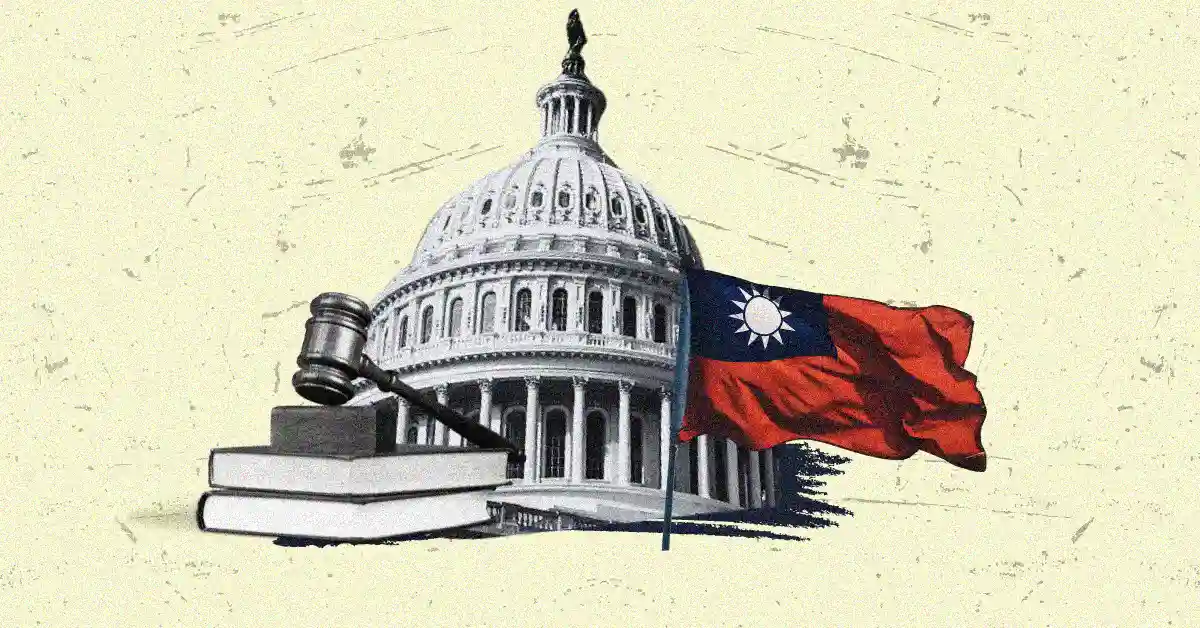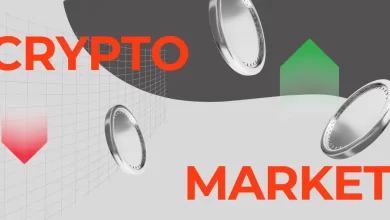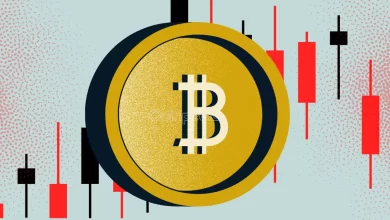
Taiwan is accelerating its crypto regulations to combat fraud and money laundering.
The new regulations will require stricter compliance, increased transparency, and better consumer protection for crypto exchanges.
The move is seen as a strategic step to capitalize on the growing crypto market and attract investors.
As the global interest in cryptocurrency grows, countries like Singapore, Iran, Dubai, the UK, and India are working to create clear laws to protect investors from fraud. Taiwan, however, is taking things a step further with a major update to its crypto regulations. The country is fast-tracking new rules that will go into effect on November 30, one month earlier than originally planned.
This move is part of Taiwan’s effort to tackle crypto fraud as concerns rise in the industry.
Seizing the Opportunity In Time
The country’s Financial Supervisory Commission (FSC) has decided to fast-track anti-money laundering (AML) regulations to strengthen the crypto industry’s oversight and prevent illegal activities like money laundering and fraud.
Taiwan’s swift actions suggest that the country wants to position itself as a key player in the crypto market before Bitcoin hits $100,000. The fast-tracked regulations show that Taiwan is eager to regulate the industry before major price movements occur.
What These New Rules Mean for Crypto Exchanges
Starting November 30, all crypto exchanges and service providers in Taiwan—whether local or international—must register with the FSC and comply with stricter AML rules. This includes setting up a physical office or branch in Taiwan to operate in the country. Non-compliance will result in serious penalties, including fines and up to two years in prison.
These new regulations are not just about combating money laundering. Crypto companies will also have to improve transparency, keep better transaction records, and establish clearer rules for listing and delisting cryptocurrencies.
The FSC will also closely monitor how exchanges handle customer data and protect user funds, making the market more secure and reducing the risk of fraud.
Why the Rush?
The decision to fast-track these changes comes in response to growing public demands for stronger fraud prevention measures. With rising concerns about crypto fraud, Jin-Lung Peng, Chair of the FSC, emphasized that the new rules will help protect consumers, create a safer market, and encourage more people to adopt cryptocurrency.
Penalties for Non-Compliance
This week, Taiwan’s major exchanges, MaiCoin and BitoPro, were fined NT$1.5 million (about $45,000) for failing to comply with existing AML rules. The exchanges were found to have inadequately monitored transactions and failed to properly verify the sources of their customers’ funds.
A Move Toward Better Consumer Protection
Crypto lawyer Kevin Cheng pointed out that the new regulations bring stricter oversight for virtual asset service providers (VASPs). This goes beyond just AML measures and ensures better consumer protection and data security within the crypto space.
In conclusion, Taiwan is taking important steps toward self-regulation at a time when the global crypto market is booming, and Bitcoin is on track to hit $100K by the end of the year. Countries like Russia, Hong Kong, and Singapore are also eager to increase their crypto adoption before it’s too late.
With a strong crypto base already in place, Taiwan’s new regulations could inspire greater investor confidence and fuel further growth in the market.







